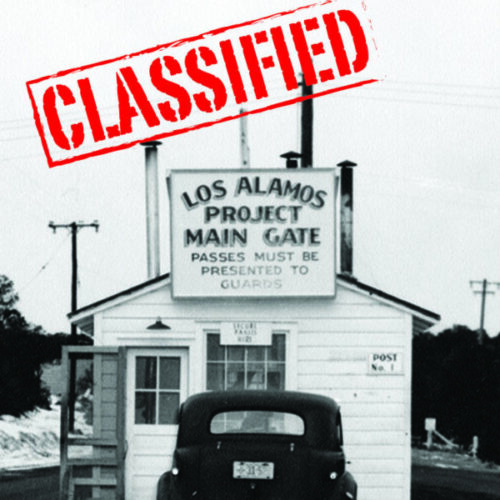For other COVID posts, visit my Quarantine blog.

Have you noticed media and marketing working tirelessly to promote the wonders of our new virtual lives? By that I mean life that’s lived on the edge of being interesting and exciting but is really just a negotiated compromise we make in order to retain some sense of engagement with our former existence. We’ve had virtual Proms, virtual graduations, even virtual happy hours where people drink alone in their apartments while pretending to party with others via video chats.
I’ve been playing virtual poker using a smartphone app to manage betting, a desktop website to play games, and conferencing software on a third device to let us see and talk to each other. While awkward at first, we muddled through stoically tell ourselves it’s just like our usual game. From my perspective, I’m connecting with friends much like we’ve done for the past twenty years, but to a casual observer I’m a disappointingly anti-heroic figure drinking alone in front of his computer while playing video games.
Years ago a philosophy professor challenged me to imagine a world where my head had been separated from my body but kept alive. He then asked if it was moral for doctors to stimulate my brain such that I thought I was living a productive life even though in reality I was just a head on a table hooked up to machines and mind manipulating software. Is it moral to impose a life on someone they’re not really living? Are you ethically required to tell them, thereby ruining the ruse, or are you obligated to perpetuate the lie?
The French mathematician and philosopher, René Descartes, struggled with this dilemma in the early 1600’s, while attempting to solve the age old adage, what is truth. To set up his rubric, he posed the seemingly simple question,
“Do I exist?“
The conclusion Descartes came up with led to new fields in both science and philosophy and his logic goes something like this,
“How do I know I exist?”
“And if I know, how do I know, that I know?”
“And if I know that I know, how do I know, that I know, that I know?”
You can see the recursive loop he’s fallen into. After much agonizing Descartes concluded that one can ever know truthfully they exist, which creates a paradox because without knowing, how can we function? How can we contribute to society, make decisions, fall in love, go to war, or deal with consequence? How can we understand what is moral or ethical?
Religion resolves this paradox with a “leap of faith,” but Descartes was after a more tangible truth. After much deliberation, he hit on the solution, which is familiar to most of us,
“cogito, ergo sum” – “I am, I exist,” which has been translated into the popular expression , “I think, therefore I am“
Descartes believed we assemble knowledge through thought and senses, and with that knowledge begin to understand truth. Based on that, here’s the question I pose to the world,
“How do we know when the COVID crisis is over?”
I’ve been sensing the subtle way both politicians and the media are ending the crisis without declaring it over. It’s sort of like the end of love, everyone knows it’s over but no one wants to come out and say anything, so we just go about our lives pretending everything’s normal when in fact we’ve moved on. That’s how COVID is ending, not with a proclamation, or celebration, or any kind of acknowledgment, everyone’s just moving on with their lives in careful quiet.
“It’s not you it’s me.”
Politicians are realizing they can no longer control the masses through sensationalized fear, so are graciously granting their minions that which the minions have already decided to take. The media, in a desperate attempt to be relevant, offers no mea culpa for misleading the masses, but rather reports on those who dare to seize control of their lives with ever weakening warnings about the dire consequences.
Beaches reopen, restaurants seat people, amusement park turnstiles unlock, and politicians covertly admit their mistakes. Collectively, we’re starting to look at each other like jilted lovers, knowing exactly what needs to be said but not wanting to risk the impending daylight to talk about the darkness that previously imperiled us.

